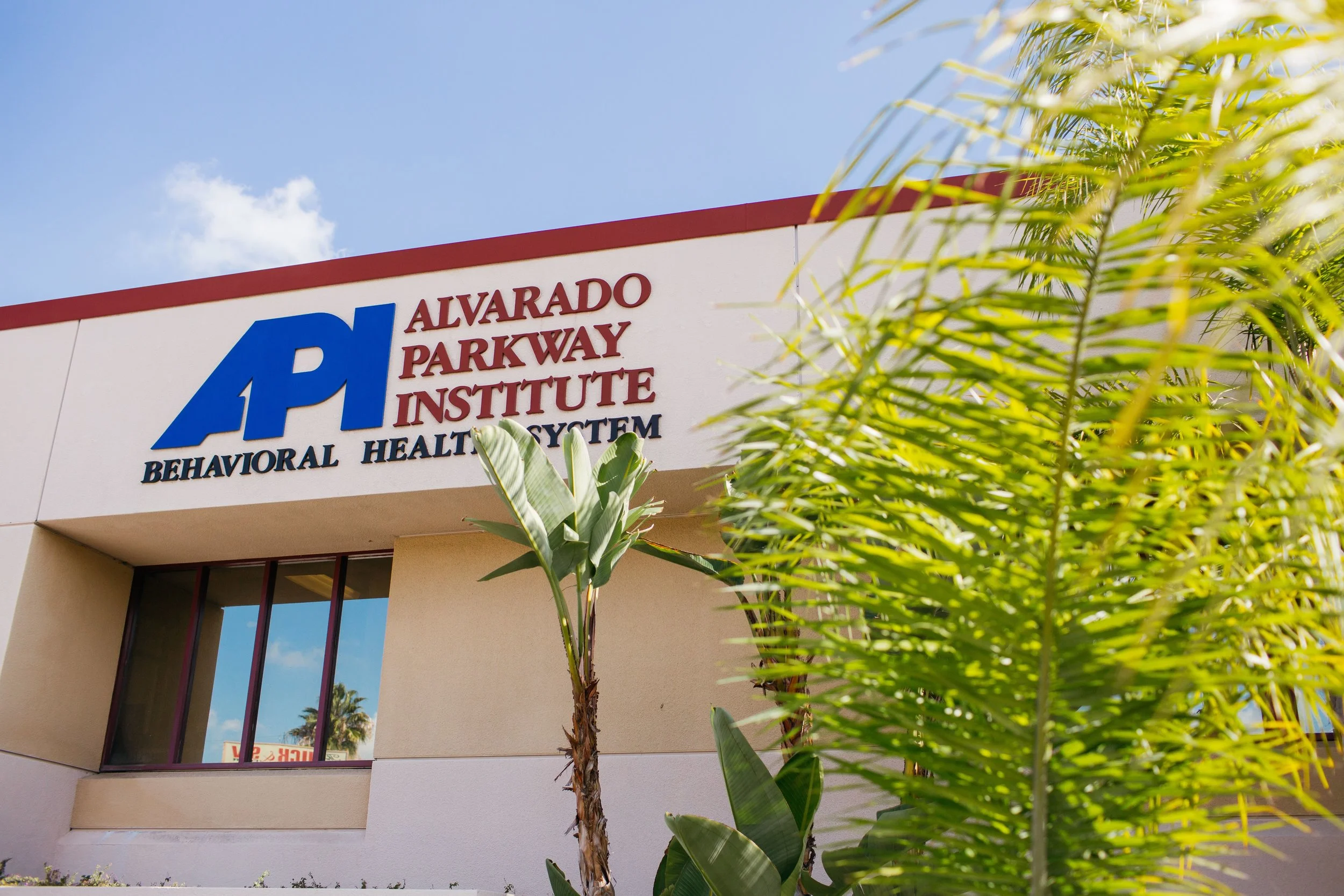By familiarizing yourself with the warning signs of a relapse, you have a better chance at avoiding one. Here are some of the common relapse triggers, and some steps you can take to manage them.
Most people who decide to quit using drugs or drinking try and fail numerous times before achieving full recovery from their addiction. Some estimates claim as 90% of all recovering alcoholics and drug addicts will experience at least one relapse. Others put that number closer to 50%. As discouraging as these numbers may seem, it’s important to remember that that a relapse does not indicate failure. In fact, it can be used as opportunity to understand and strengthen the recovery process.
By familiarizing yourself with the warning signs of a relapse, you have a better chance at avoiding one. Here are some of the common relapse triggers, and some steps you can take to manage them.
- Social pressure. Hanging around with your old party buddies or drinking crew makes it easy for you to fall back into those destructive habits. As good as it feels to belong to a familiar group of people, if they’re still up to the same behavior, it may be best for you to find sober social connections elsewhere.
- Isolation. Even though you’ll want to place some distance between you and your old friends, staying connected to people is a critical part of staying sober. Make new friends who support your recovery and who will help you explore and celebrate a substance-free life.
- Being around addictive substances. In the early days of recovery, the mere presence of alcohol or drugs may create a temptation that’s too strong to deny. Remove addictive substances from your home, stay away from bars, and steer clear of situations where you know drugs or alcohol will be present.
- Untreated mental illness. According to the National Alliance for Mental Illness, about a third of all alcoholics and about half of all drug abusers also suffer from some form of mental illness. If you’re battling depression, anxiety, or another mental health condition, you’re at risk of self-medicating with drugs or alcohol. See a licensed therapist or medical professional for help.
- Giving up on treatment. Sticking with therapy or a 12-step program is key to avoiding relapse. If your program is no longer effective in helping you manage your sobriety, find one that works for you. Having a structured support system in place gives you the tools you need to weather difficult times.
- Sleep deprivation. Exhaustion impairs your ability to control your impulses and make good decisions. If you’re having trouble sleeping, seek help from your doctor. Studies show that people treated for insomnia in the early stages of their recovery were less likely to relapse.
- Nostalgia. Once you get sober, you might forget how awful and destructive your addiction really was. But romanticizing your past is a warning sign that you’re in danger of a relapse. Instead, try your best to remember what pushed you into recovery in the first place – those moments that made it clear you no longer wanted to use.
- Boredom. If you’re sitting around with nothing to do, you’re at high risk of experiencing urges to drink or do drugs. When this happens, find ways to engage yourself in something else. Go for a walk. Call up a friend. Take up some new hobbies so you’ll always have a way to keep yourself occupied.
- Complacency. After you’ve been sober for a while, you might start feeling like you’ve got your recovery under control. Sometimes, you might even think you no longer have a problem. But overconfidence can often be a relapse trigger. To avoid becoming complacent, stay connected with other people who are in recovery. They’ll keep you grounded.
- Unrealistic expectations. Recovery is a journey, not a destination. If you think it’s going to be easy, you’re setting yourself up for a relapse. Remind yourself that creating a sober life takes work, determination, and perseverance. It’s also important to remember that even in sobriety, you’ll still have the same struggles and petty annoyances everyone else has. The good news is that you won’t be compounding them with more trouble caused by your drug and alcohol addiction. Instead, you’ll have healthy ways of managing your stress and coping with life’s difficulties.
If you have relapsed in your drug or alcohol addiction, Alvarado Parkway Institute is here to help get your sobriety back on track. Our caring, knowledgeable, and highly experienced staff can give you the tools you need to avoid relapse triggers, as well as to treat any underlying causes of addiction. Call us at (619) 485-1432 and let us help you on your journey toward long-term recovery.

